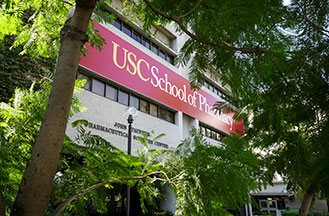FIP, as the global leader for pharmacy, has taken the initiative to build the “FIP World List of Pharmacy Schools”, which will be the most comprehensive and up-to-date list of pharmacy institutions from around the world. This global list is intended to guide all pharmacy stakeholders, from students to policymakers, in assessing the appropriateness and effectiveness of pharmacy education strategies. The availability, completeness and quality of FIP’s World List of Pharmacy Schools means it will provide a unique source of information for pharmaceutical workforce policies, procedures and plans.
Further background on the FIP World List of Pharmacy Schools:
The FIP World List of Pharmacy Schools is an initiative to monitor pharmaceutical capacity and capability, similar to those of many other global organisations, such as the World Medical Schools List held by the World Medical Association. Given 2021 is the World Health Organization’s Year of Health and Care Workers, the need for our global organisations to demonstrate increased capacity in all health workers is key to ensure our professions are not further diminished but amplified.
FIP is a founder member of the World Health Professions Alliance (WHPA) with doctors, nurses, dentists, and physiotherapists. All WHPA members have been requested to feedback their schools’ status to the WHO as part of pandemic preparedness, and FIP having a list of accredited pharmacy schools will help to identify where schools may be needed and created to ensure long-term pharmaceutical workforce capacity.

